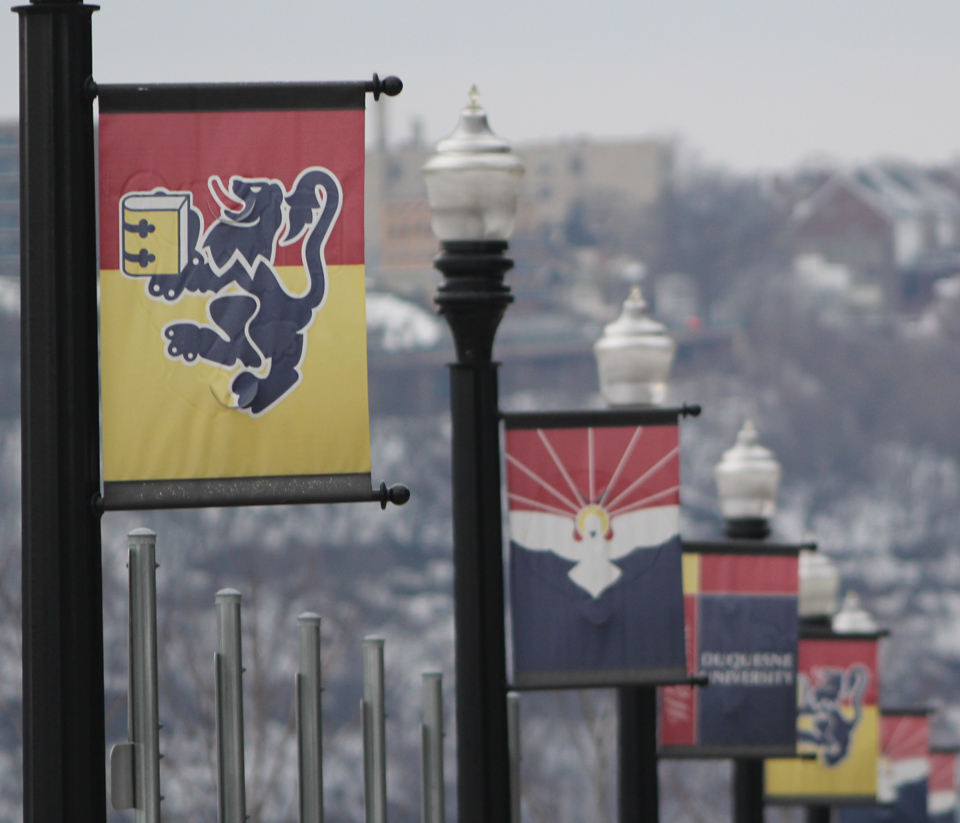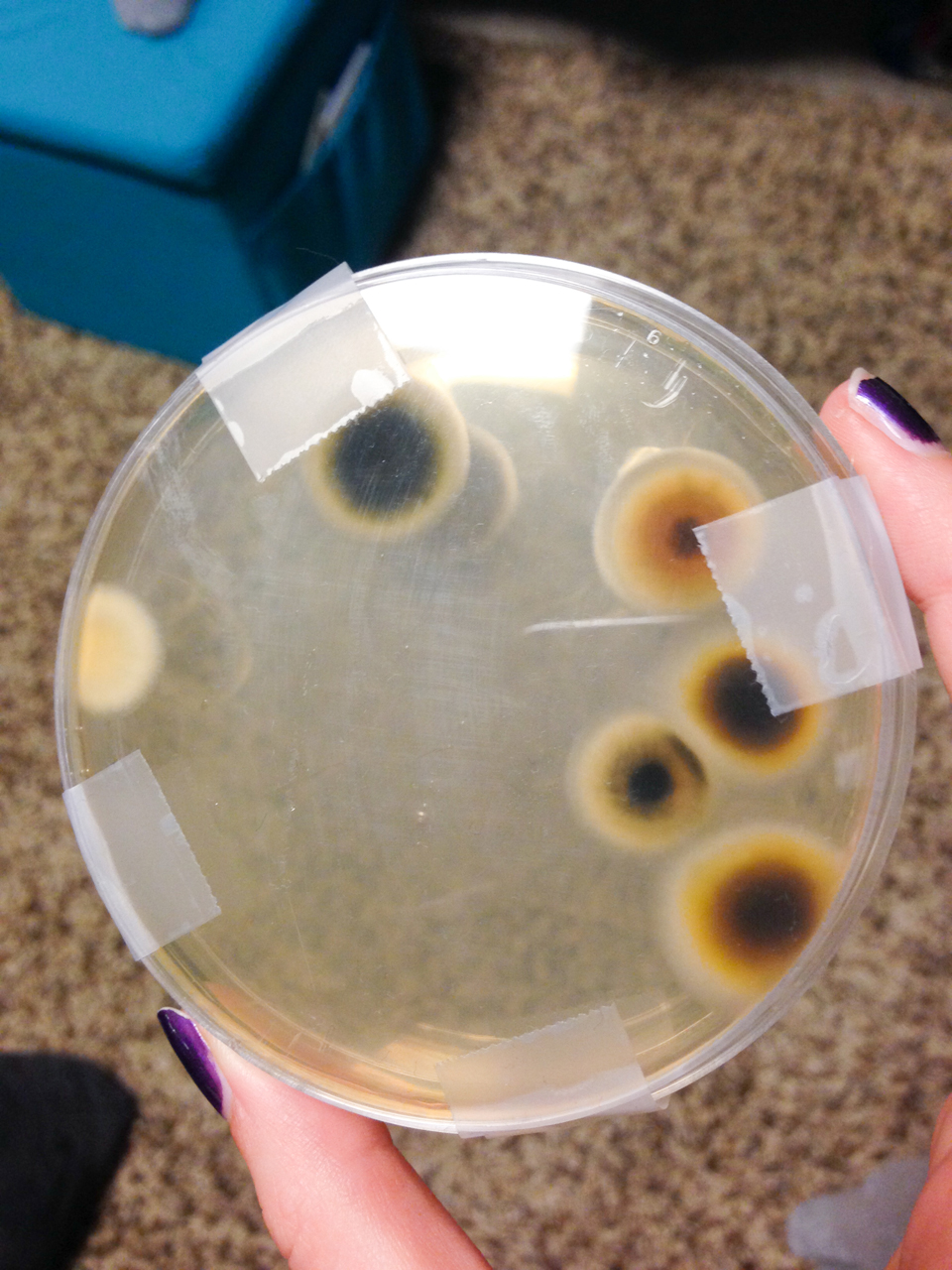

By Jill Power | The Duquesne Duke
A record-breaking percentage of students returned for their second semester at Duquesne, a number that University officials credit to all the resources available.
This year’s freshman class recorded a retention rate of 97 percent, two percent greater than last year’s rate. The rate measures the number of students who stayed for their second semester.
The rate for students between their freshman and sophomore years this fall was 89 percent. The national average among private institutions is 81 percent and 72 percent among all universities.
An 89 percent retention rate is similar to the rates of Fordham University in Bronx, New York, and Purdue University-West Lafayette in Indiana.
Paul-James Cukanna, associate provost for enrollment management, is responsible for monitoring and evaluating the retention and graduation rates at Duquesne. He suggested that the reason why Duquesne’s retention rate is so impressive is because of the expectations the University has of accepted students.
“We enroll students for whom Duquesne is a correct fit,” Cukanna said. “They’re academically prepared to be competitive, and we support them. We are a selective private institution and our students have to match that.”
Cukanna said the resources Duquesne provides its students with are an important reason why many students return to campus. Student services, such as Academic Affairs, Academic Advisement, and the Financial Aid Office, are encouraged to work as a team to produce more opportunities for the students.
“It’s equal parts attitude, training and, of course, the Spiritan expectation that each student is important to our mission,” Cukanna said.
He also said that student services “represent all of the major entities within the University.”
The University Retention Committee, of which Cukanna is a member, ensures that students have access to the various student services provided by the University, and that the services provided are useful and helpful.
“We try to ensure that all the student support systems are integrated across campus,” Cukanna said. “We try to identify barriers to student success and try to mitigate or remove those barriers.”
The freshman retention rate is important to the University because it contributes to the long term graduation rate according to Cukanna. The 6-year graduation rate at Duquesne, which includes students who have graduated in six years or less, was 76 percent as of this fall, 11 percent above the national average for selective private universities.
Of those who account for the 76 percent graduation rate, 74 percent graduate in five years, according to Cukanna. This includes students who study for nine semesters. This statistic only in-cludes students who are studying to earn a bachelor’s degree.
The retention rate is monitored by the Federal Government, and can have a positive impact on Duquesne’s marketability. Financial profile, credit ratings and faculty and staff recruitment, ac-cording to Cukanna, are all improved when the University is retaining students.




